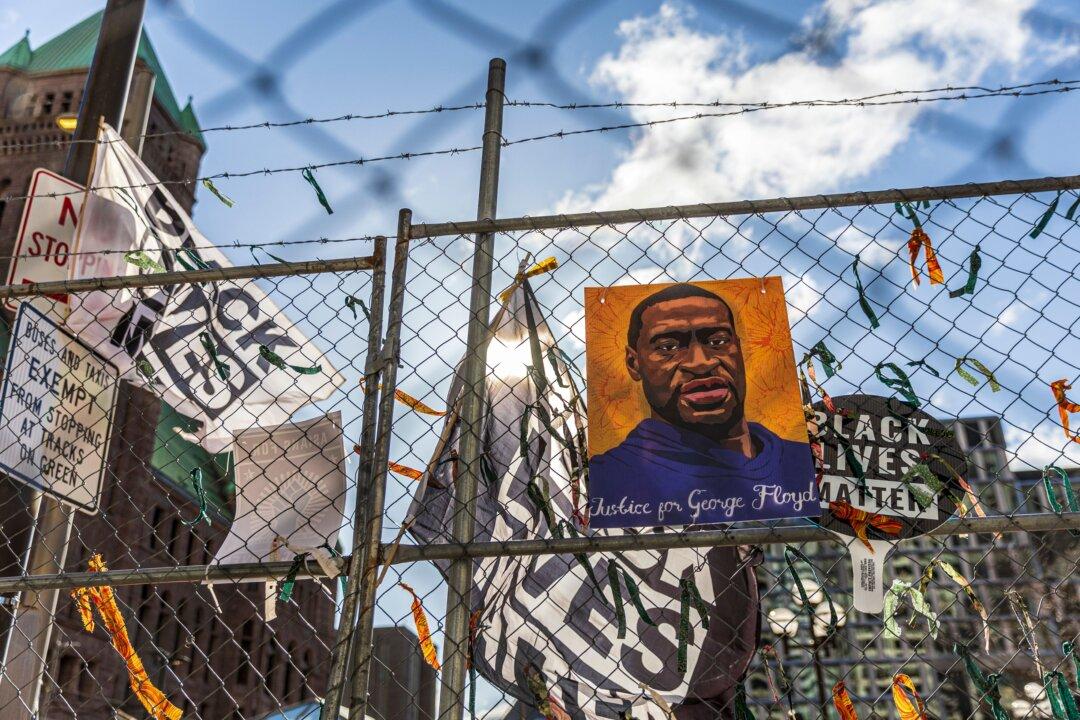Places where Black Lives Matter (BLM) protests occurred from 2014 to 2019 experienced a decrease in lethal use of force by police but an overall increase in murders, according to an upcoming soon-to-be peer-reviewed academic study.
The study from the University of Massachusetts–Amherst may bolster the so-called Ferguson Effect hypothesis, which holds that police officers are reluctant to do their jobs and follow proper police procedure when dealing with blacks because they fear their actions will be characterized as examples of race-driven police brutality. Ferguson, Missouri, was the site of prolonged violent protests in 2014 after Michael Brown, an 18-year-old black man, was killed there in a physical altercation with a white police officer who eventually was exonerated.





